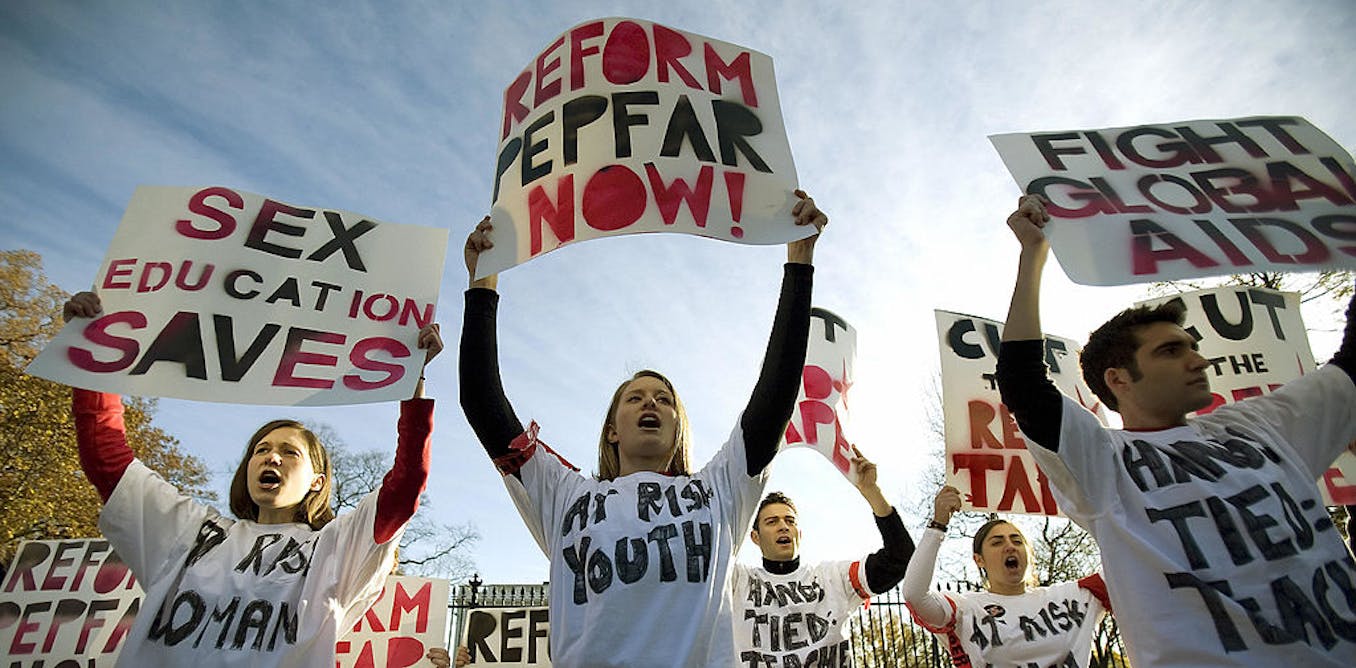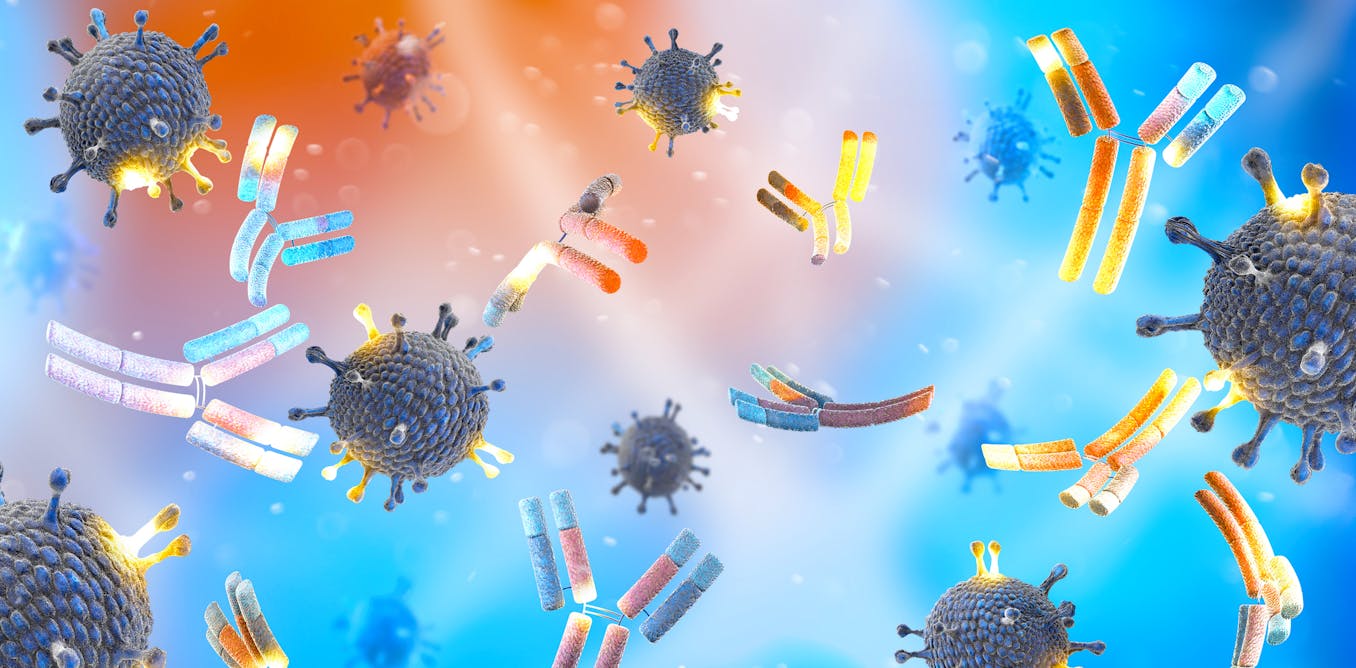Who is still getting HIV in America? Medication is only half the fight – homing in on disparities can help get care to those who need it most
Two-thirds of new HIV infections are among gay and bisexual men. Although cases have decreased among white men, they have stagnated among communities of color.
Dec. 1, 2023 • ~6 min









